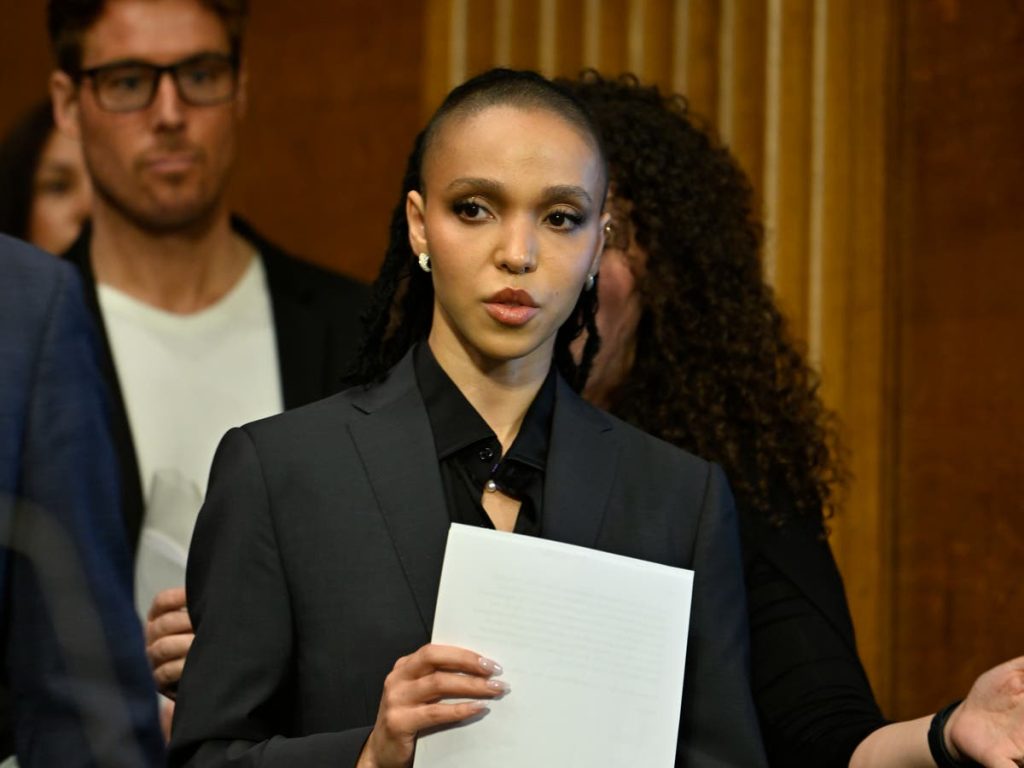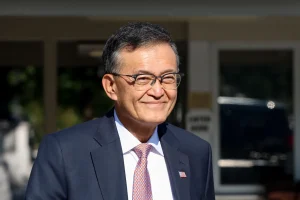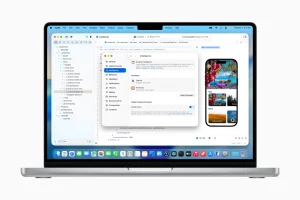AI and Artistic Integrity: A New Frontier in Creative Rights

British musician and artist FKA twigs recently stepped into a significant role beyond her music and performances. At a Senate hearing in Washington, D.C., she introduced ‘AI twigs’, her very own deepfake model, initiating a discussion on the potential and risks of AI in the arts.
Twigs argued passionately for the need to regulate AI technologies. She stressed the importance of consent and control over digital representations to prevent misuse of an artist’s identity and works. Her plea underscored a critical junction at the intersection of technology and creator rights.
Unveiling the AI Persona
Amid the bright halls of the Dirksen Senate Office Building, FKA twigs, a British musician renowned for her avant-garde approach, made a significant announcement. She revealed the development of her own deepfake, aptly named AI twigs, during her testimony before the Senate Judiciary Subcommittee on Intellectual Property. Twigs emphasized the dual nature of artificial intelligence as both a creative and commercial asset, contingent upon the artists’ control and consensual use of their digital representations.
Advocacy for Regulatory Oversight
Twigs’ impassioned plea to the US Senate highlighted the urgent need for regulatory frameworks governing AI technologies. She articulated concerns over the potential misuse of AI to appropriate and exploit artists’ identities and intellectual properties without their consent. “AI cannot replicate the depth of my life journey, yet it holds the power to mimic and falsely claim my art,” she stated, stressing the existential threat posed by unregulated AI enhancements.
The artist’s advocacy is driven by her experiences and the broader implications for creative communities. Twigs’ call for action reflects a growing consensus among artists seeking to safeguard their creative rights and identities in a rapidly evolving digital landscape.
The Technical Edge
The technical prowess behind AI twigs is nothing short of revolutionary. Trained to emulate Twigs’ distinctive personality and capable of speaking multiple languages, this AI represents a significant leap in digital representation technologies.
Its potential extends beyond mere replication of voice or mannerisms; AI twigs is designed to manage social media interactions, allowing the real Twigs to focus on her artistic endeavors from her studio’s solace.
This technological marvel not only showcases Twigs’ forward-thinking approach but also her commitment to merging innovation with personal artistic expression.
Historical Context and Future Implications
Twigs’ testimony aligns with historical precedents where technological advancements have often outpaced legal protections, leaving artists vulnerable to exploitation. “History has shown us time and again that artists are often the first victims in the wake of technological breakthroughs,” she noted during her advocacy.
The ongoing discussions around the NO FAKES Act, which Twigs actively supports, are crucial for establishing the necessary legal boundaries and protections for artists against technological misuse.
A Call to Preserve Artistic Integrity
FKA twigs’ initiative is not just about protecting her own artistic outputs but also setting a standard for future artist interactions with technology. Her stance on AI underscores a pivotal moment in the intersection of technology and creative rights.
With Twigs leading by example, her efforts may inspire other artists to take similar steps, ensuring that their creative voices and legacies remain intact and respected in the digital age.
The debate on AI and its implications for artistic integrity continues, with Twigs’ testimony serving as a catalyst for broader discussions and potential reforms.
Conclusion of Congressional Testimony
As the congressional hearings concluded, Twigs’ powerful words resonated with many, highlighting the critical need for artists to maintain control over their digital selves. The potential for AI to enhance artistic reach is immense, yet it comes with significant responsibilities and ethical considerations.
In a compelling wrap-up to her discourse, FKA twigs’s advocacy in Washington underlines a critical juncture for the arts in the digital age. Her call for urgently needed laws to govern AI’s application in creative industries is a beacon for artists worldwide. This movement isn’t just about protecting an individual’s identity; it’s a broader battle to secure the soul of creativity against potential digital exploitation.
Twigs’s initiative extends beyond personal benefit to set a precedent in the arts sector. Her commitment shows how vital it is for artists to lead the charge in shaping the future of how their creations are used, ensuring that the next generation of artists retains control over their works and identities. Her testimony serves as a clarifier for the necessity of updating laws to keep pace with rapidly evolving technologies.





